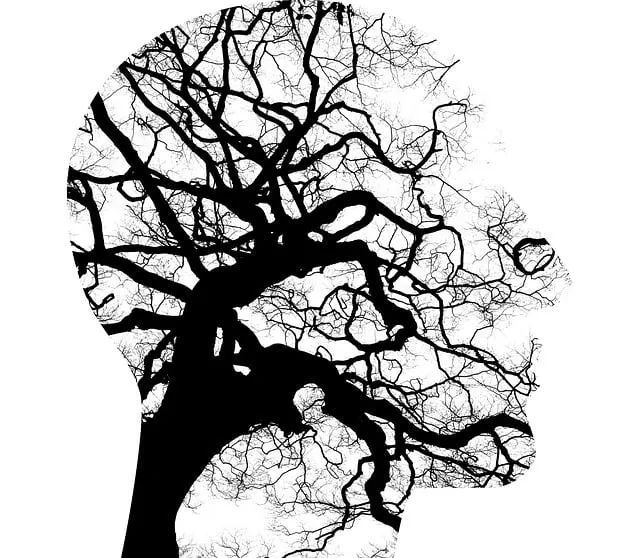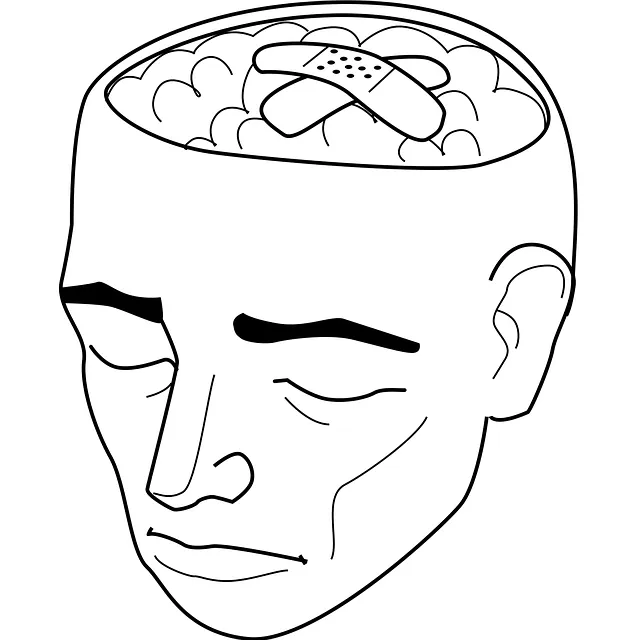The Aurora Kaiser Permanente psychiatry reviews underscore a growing trend in mental health care towards digital solutions, driven by increasing demand and healthcare industry recognition. These reviews advocate for innovative apps that not only target specific conditions but also promote overall well-being, utilizing evidence-based practices like stress management and compassion cultivation to combat burnout. Effective mental wellness apps should include self-assessment tools, progress tracking, mood diaries, meditation exercises, mindfulness techniques, and tailored coping strategies. Cultural sensitivity is crucial for inclusivity, while stress management workshops and cognitive-behavioral therapy (CBT) empower users to proactively manage their mental health. Future trends may include AI-driven personalized treatment plans, virtual reality therapy, and synchronization with wearable health devices, as highlighted in the Aurora Kaiser Permanente psychiatry reviews.
Mental wellness apps have emerged as powerful tools in addressing growing mental health concerns. With a focus on accessibility and personalized support, these applications offer a new frontier in psychiatric care, as highlighted by recent Aurora Kaiser Permanente psychiatry reviews. This article delves into the critical need for such apps, explores their essential features, and examines the development process, ethical considerations, and future trends shaping this innovative field of app-based psychiatric support.
- Understanding the Need for Mental Wellness Apps: A Look at Aurora Kaiser Permanente Psychiatry Reviews
- Key Features and Components of Effective Mental Health Applications
- Development Process, Ethical Considerations, and Future Trends in App Design for Psychiatric Support
Understanding the Need for Mental Wellness Apps: A Look at Aurora Kaiser Permanente Psychiatry Reviews

The digital age has brought about a growing recognition and understanding of mental health challenges, leading to an increased demand for accessible solutions. This shift is evident in the rising popularity of mental wellness apps, as seen in the Aurora Kaiser Permanente psychiatry reviews. These reviews highlight the need for innovative tools that support individuals’ well-being, especially within healthcare professions where burnout and stress management are significant concerns. According to the studies, compassion cultivation practices have emerged as effective strategies to combat these issues, offering a new perspective on preventing burnout among healthcare providers.
The Aurora Kaiser Permanente psychiatry reviews underscore the importance of creating apps that not only address specific mental health conditions but also promote overall well-being. By incorporating evidence-based techniques like Stress Management and Compassion Cultivation Practices, developers can contribute to a healthier digital landscape. This focus ensures that users have access to tools tailored to their needs, fostering a more compassionate and resilient community.
Key Features and Components of Effective Mental Health Applications

Mental wellness apps have gained significant traction, offering individuals accessible and personalized support for their mental health needs. When designing effective applications, several key features stand out. First and foremost, these apps should incorporate evidence-based practices and therapies recommended by experts like those at Aurora Kaiser Permanente psychiatry reviews. This ensures users receive reliable and safe treatment options.
Additionally, integrating tools for self-assessment and tracking progress over time is vital. Features like mood diaries, meditation exercises, mindfulness techniques, and personalized coping strategies tailored to individual needs are valuable components. Cultural sensitivity in mental healthcare practice should also be a central focus, ensuring apps cater to diverse user backgrounds and provide inclusive support. Stress management workshops organization within the app can further enhance its effectiveness, offering users practical tools for dealing with everyday stressors. Moreover, depression prevention strategies, such as cognitive-behavioral therapy (CBT) techniques, can empower users to proactively manage their mental well-being.
Development Process, Ethical Considerations, and Future Trends in App Design for Psychiatric Support

The development process for a mental wellness app begins with understanding the unique needs and challenges faced by individuals seeking psychiatric support. This involves extensive research, consultation with healthcare professionals like those at Aurora Kaiser Permanente psychiatry reviews, and input from potential users to design features that promote stress management workshops organization, depression prevention, and emotional regulation. The app’s interface should be user-friendly, intuitive, and accessible, incorporating evidence-based therapeutic techniques and tools.
Ethical considerations are paramount in this design process. Privacy and data security must be prioritized to protect sensitive user information. Moreover, ensuring the app’s content is culturally sensitive and inclusive is essential for widespread adoption. As the field of mental health technology evolves, future trends in app design may include integration of artificial intelligence for personalized treatment plans, virtual reality for immersive therapy sessions, and seamless synchronization with wearable health devices. These innovations aim to enhance accessibility, affordability, and effectiveness of psychiatric support, making care more accessible and tailored to individual needs.
As evidenced by Aurora Kaiser Permanente’s Psychiatry Reviews, there is a growing demand for accessible mental wellness solutions. Mental health apps offer a promising avenue to reach and support individuals in need, complementing traditional psychiatric care. By incorporating evidence-based practices and user-friendly interfaces, developers can create effective tools that enhance therapy outcomes. The development process must prioritize ethical considerations, ensuring data privacy and avoiding potential harm. Looking ahead, future trends suggest increased integration of AI, mindfulness techniques, and personalized experiences tailored to individual needs, revolutionizing psychiatric support in the digital age.






